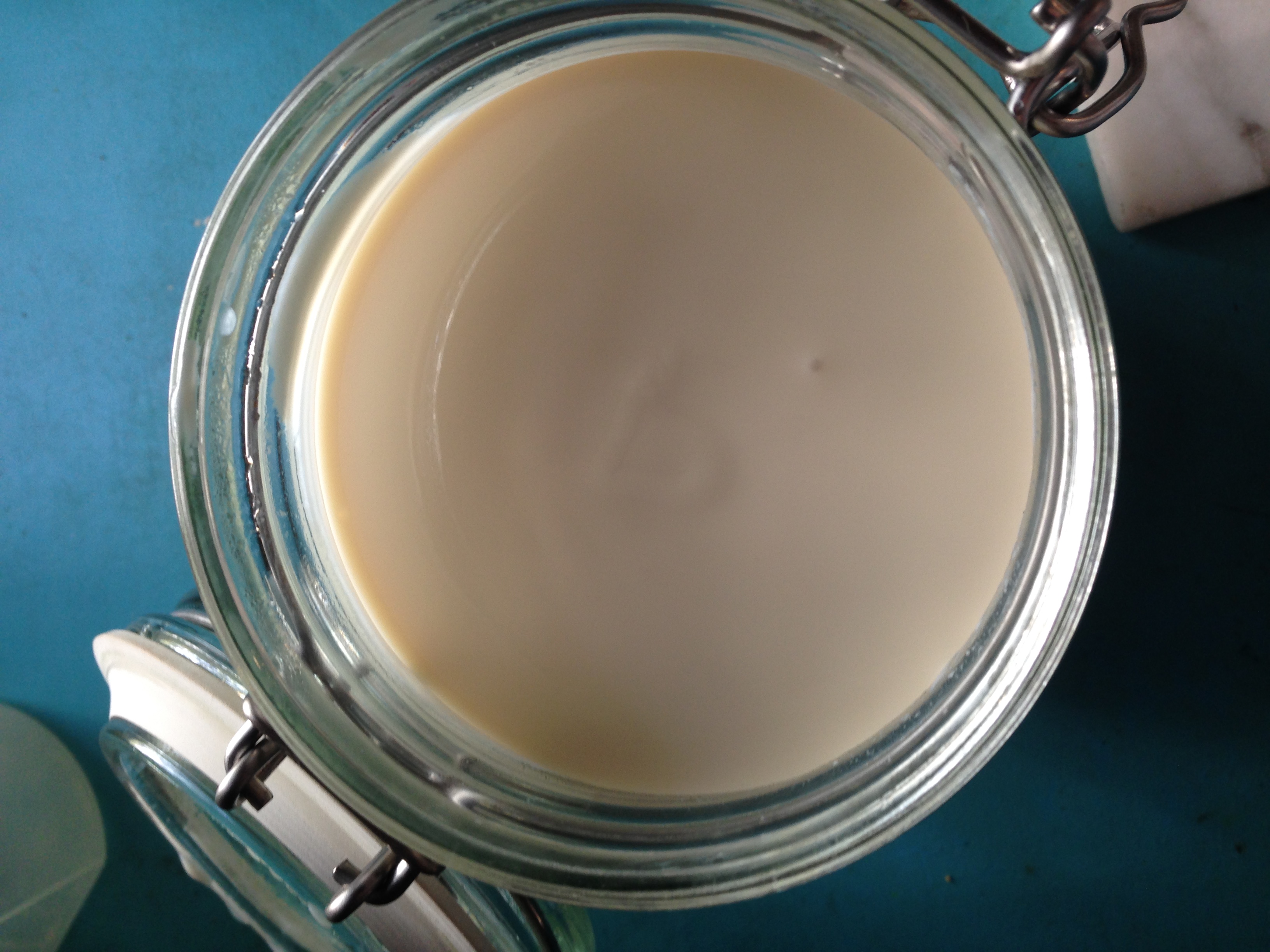My most recent health obsession has been none other than the gut microbiome. This topic has come and go previously in my life, but I’ve never studied it in as much detail as I have the past two months. I am super inspired by Dr. Perlmutter’s book, “Brain Maker”, which follows his #1 New York Times bestseller “Grain Brain” in which he unravels what gluten is really doing to the brain. “Brain Maker” conveys the importance of gut microbes in healing and well being, and reveals an extraordinary connection between what you eat and how it affects your brain health. Rates of neurological disorders, especially in the U.S., are higher than ever before and in his book he explains how the revolutionary research linking the state of the gut microbiome to the state of the brain will be able to help heal and prevent neurological disease in the future.
Dr. Perlmutter gives an introduction to the unbelievable multitude of organisms that are everywhere inside and outside our body, every orifice, covering every inch of our skin. He says we have about a hundred trillion invisible microbes, 10,000 of which have been identified by species. Most of these live within the digestive tract and are bacterial species, although there are also fungi and viruses hanging around as well. Perlmutter says that “it’s now undeniable that our intestinal organisms participate in a wide variety of physiologic actions, including immune system functioning, detoxification, inflammation, neurotransmitter and vitamin production, nutrient absorption, signalling being hungry or full, and utilizing carbohydrates and fat.” Phew! What else is there? He goes further to say that “all of these processes factor mightily into whether or not we experience allergies, asthma, ADHD, cancer, diabetes, or dementia”. The microbiome affects not only our mood, sex drive, metabolism and immunity, it also affects how we see the world and how clearly we are thinking. He also states that the microbiome determines if we are fat or thin, energetic or lethargic. Pretty much everything about our health, emotionally and physically, rests upon the state or our microbiome. I know, my mind was blown as well. Take a moment to let it sink in.
So what does this really mean? How can you know what state your gut bugs are in and what’s really going on in your digestive tract? Firstly, from my personal experience, it takes a lot of time, observing, and listening to your body. How do you feel on a daily basis? Do you feel you have enough energy to make it through the day or do you feel slow, like molasses sometimes? I’ve battled lethargic feelings for a long time, and I’m starting to get a grip on it, naturally, through self discovery. Dr. Perlmutter explains 3 major factors that determine the state of your microbiome. Firstly is how you were born- this journey is your first exposure to bugs, your mother’s vagina. Moving through the birth canal helps inoculate the newborn with all kinds of health-sustaining organisms. Perlmutter states that there is a clear correlation between the bacteria that colonizes a baby’s intestines and what is found in the mother’s birth canal. When a baby is delivered via C-Section there are many health risks that arise, such as five-fold increased risk for allergies and an 80% increased risk for celiac disease. Secondly is whether you were breast-fed or formula fed as a baby, because formula is lacking all of the naturally occurring organisms that are transferred to a baby through breast milk. There are many studies that are linking symptoms and diseases with a lack of breast milk early in life. Thirdly is the presence and frequency of antibiotics in your life. Antibiotics wipe out all the good strains of bugs while killing off whatever it is that is making you ill, wreaking havoc in your gut. Antibiotics are prescribed so often in the U.S. that we learn to just take them and not question… a sad situation when you learn how much harm they can inflict upon you.
These 3 things can give you an idea of the state of your microbiome, but it also largely rests on diet and lifestyle. What you eat obviously has a direct effect on the gut, as that’s where the food is passing after the stomach before it leaves your body. But what you eat also has a direct effect on the brain, through so many amazing physiological processes involving different hormones, proteins, chemicals, etc. Perlmutter says even the integrity of the blood-brain barrier, which is the protective kind of portal that keeps bad things out of our brain, can be compromised when the when the intestinal wall is also compromised, something called leaky gut. There are tight junctions in the gut lining which loosen up when certain food and other substances come into contact… this can lead to unhealthy things going into the blood stream, which can cause us to feel ill, bloated, foggy and many other not so fun feelings. But back to bacteria- it’s all about balance. It’s all about food, it’s all about taking care of yourself, it’s all about reducing stress. Really! Stress leads to problems in the microbiome as well.
Perlmutter writes of many fascinating research studies, but one really caught my attention. In 2013 scientists at Washington University were interested in the connection between gut bacteria and the path to obesity. It has already been established that diabetic and obese individuals tend to lack a diversity of bacteria in their microbiome. So there is a pair of twins for this study- one is obese, the other slender. The scientists transferred gut bacteria from both of them into different groups of mice. Turns out that the mice that received the transfer from the obese twin became fat. The mice that received the lean twins bacteria stayed slender, as long as they ate a healthy diet. Yes, if you are still reading this post I hope you find that fascinating as well…
There are so many links between the state of the gut and different brain/mood/physiological disorders that if you are interested in this topic, you must read the book. I can’t explain it all in a couple hundred words. But another mind blowing example is a study of twenty kids with ADHD. Half the children were given Ritalin and the other half received probiotics like Lactobacillus acidophilus and nutritional supplements including essential fatty acids. To the researchers’ astonishment, both treatments provided the same outcome. Perlmutter goes even further and explains that something called FMT (Fecal Microbiota Transplant) has had successful results for severely ill individuals suffering from many different diseases. Yes I did just say that, a poop transplant does exist, though is not performed in many countries and hasn’t been approved by the FDA. Perlmutter has guided patients through this procedure, though he doesn’t perform it himself and has seen life changing results for people with MS and autism. Another doctor has successfully improved the blood sugar problems of more than 250 people with type 2 diabetes with FMT. Yes, I know, it’s insanely bizarre. But it’s happening out there folks. When research shows that the condition of the microbiome can even either promote or prevent cancerous growths, maybe it’s something to open our minds to?
Now come on, even I can’t really wrap my head around that one, but let’s get back to the simple, easy ways that you can make your gut a happy one. I’m sharing some keys from “Brain Maker” to help you get on your way to a healthy microbiome:
- Choose foods rich in probiotics- fermented foods like yogurt, kefir, kombucha, pickles, etc.
- Go low-carb, embrace high-quality fat
- Enjoy wine, tea, coffee and chocolate (see there is a little bit of fun in the madness!)
- Choose foods rich in prebiotics- raw garlic, leeks, onions asparagus and dandelion greens are a few examples
- Drink filtered water- many chemicals found in tap water are wiping out your good buddies
- Fast every season- calorie restriction can give the brain a big boost

My homemade yogurt, full of good bacteria = )
And some things that to avoid that threaten the integrity of your gut:
- Antibiotics
- The Pill
- NSAIDS
- Environmental chemicals
- Herbicide-laden GMO foods
Perlmutter goes further to introduce a rehab plan for those who’ve lost sight of all their good gut bacteria… unfortunately it’s not so vegan friendly. That doesn’t mean I haven’t adapted the key concepts and fit them into my routine in the last few weeks. I started by making my own Kimchi, or something of the sort, from our own wonderful veggies that I’m still enjoying and reaping the benefits from. I’ve also gone on an extensive vegan yogurt making journey… lots of interesting outcomes but my favorite is still soy, even though the jury is still out on how healthy or terrible soy is. I use soy milk that is regional and non-GMO (I went so far as to make my own soy milk… the time and energy input did not equal the outcome, and the results were less than mediocre, including a bit of a tummy ache). The almond milk yogurt had a bit of a strange consistency. The coconut milk yogurt was amazing but a bit expensive and as I’m trying to reduce my waste it’s not the best option because of packaging. But I can honestly say that eating yogurt everyday lends itself to something of a calmer mind. Or maybe I’m just happy taking my health into my own hands. I’m still completely baffled by the lack of concern for diet and nutrition from the medical field regarding people with disease and illness. There is so much that nature can do for us, and so many man-made inventions that are making us sick. Please take the time to read your labels, cut down on sugar and grains and eat plenty of vegetables. You’ll be happier, guaranteed = )[/fusion_builder_column][/fusion_builder_row][/fusion_builder_container]







Leave A Comment